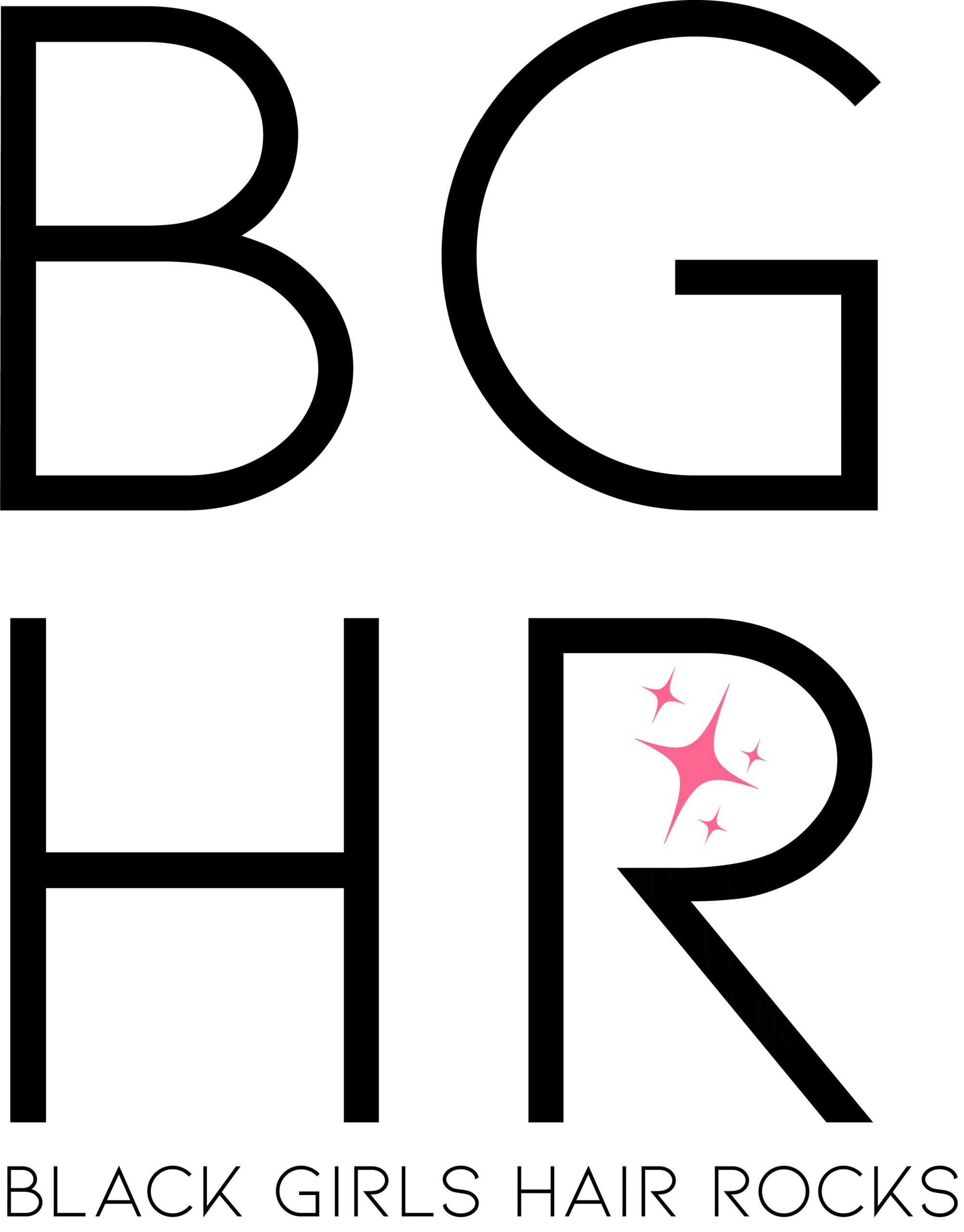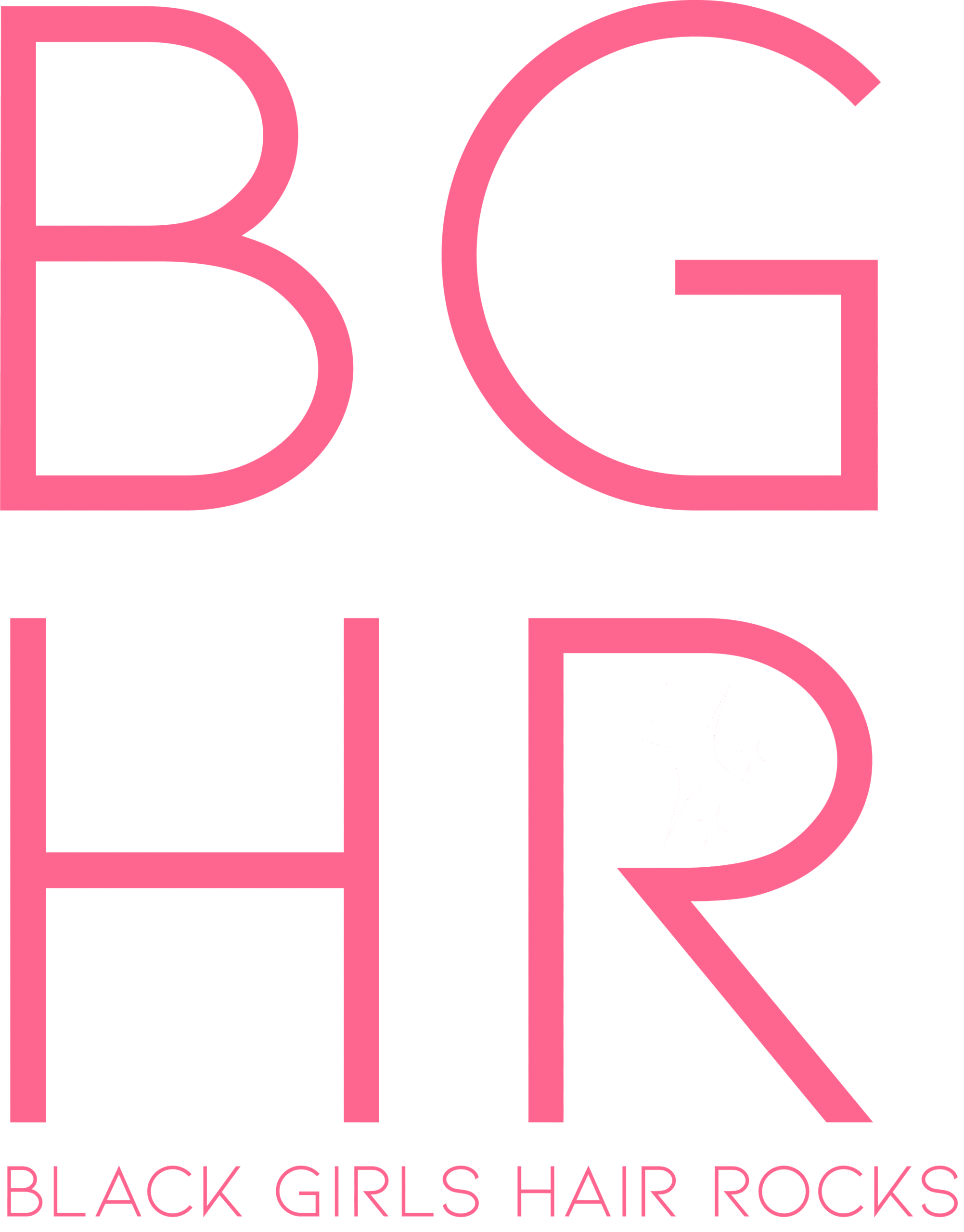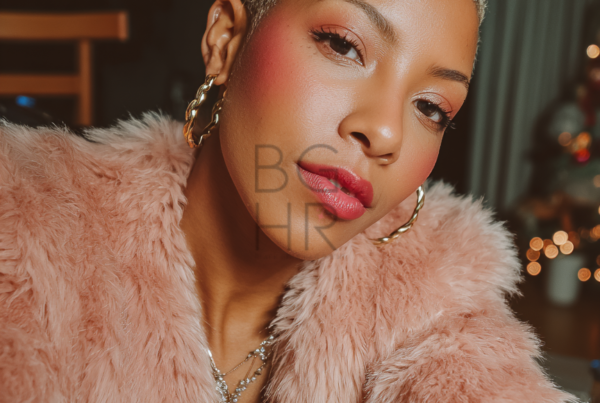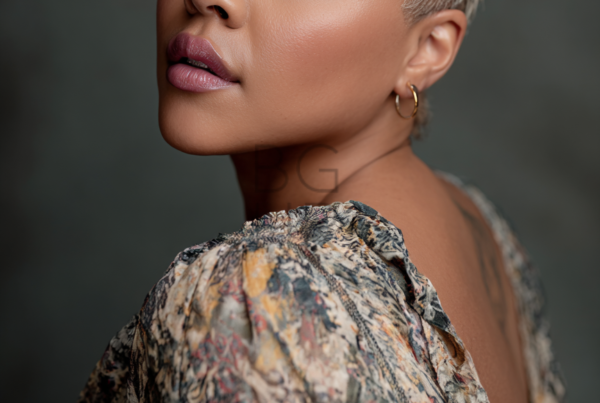Hair plays a crucial role in defining one’s identity and is a powerful means of self-expression. For people of African descent, black hair carries a profound cultural significance that extends far beyond aesthetics. Black hair is more than just a physical feature; it serves as a symbol of identity, pride, and resilience. Throughout history, the unique characteristics of black hair have been an emblem of cultural heritage, empowerment, and a continuous fight for acceptance and understanding.
Historical Significance
Black hair’s cultural significance can be traced back to ancient African civilizations, where hairstyles were used to indicate a person’s social status, tribe, or age. Each hairstyle carried a message, conveying information about one’s lineage, occupation, and even personal beliefs. As African communities were forcibly brought to different parts of the world during the transatlantic slave trade, the maintenance and styling of black hair became intertwined with a struggle for survival and resilience.
The Era of Eurocentric Beauty Standards
With the colonization and enslavement of African peoples, Eurocentric beauty standards dominated societies worldwide, dictating that straight hair was the epitome of beauty. This led to the imposition of societal pressure on people of African descent to conform to these norms, often resulting in the alteration of their natural hair through chemical treatments or the use of wigs and extensions to mimic European hairstyles.
The Natural Hair Movement
In the 1960s and 1970s, a shift began to take place, commonly referred to as the “Black is Beautiful” movement. Black individuals began embracing their natural hair textures, challenging the notion that black hair was inferior or unprofessional. This marked the dawn of the natural hair movement, a powerful resurgence of pride in black hair as a symbol of identity and cultural heritage.
Celebrities, activists, and ordinary people alike embraced their natural curls, dreadlocks, braids, and afros, redefining beauty on their terms. The movement not only revolutionized beauty standards but also served as a catalyst for discussions on racial identity, self-acceptance, and cultural appreciation.
Black Hair as a Political Statement
Black hair continues to be a political statement, especially in spaces where discriminatory hair policies persist. In the past, and even in some cases today, certain workplaces and schools have enforced grooming policies that targeted hairstyles predominantly worn by people of African descent, such as dreadlocks, braids, and afros. These policies perpetuated harmful stereotypes and infringed upon individuals’ freedom to express their cultural identity.
In response, many advocates have pushed for legislation banning hair discrimination, recognizing the right of individuals to wear their hair naturally without fear of repercussions. The movement for hair acceptance has garnered support from lawmakers, celebrities, and activists, highlighting the significance of black hair as a tool for societal change and inclusivity.
Fostering Cultural Connection
Black hair also fosters cultural connection within the African diaspora. Through sharing hairstyling techniques, traditions, and rituals, communities come together to celebrate their heritage. The art of braiding, for instance, has been passed down through generations, strengthening family bonds and cultural ties.
Conclusion
In conclusion, black hair serves as a profound symbol of identity, heritage, and empowerment for people of African descent. Its journey from ancient civilizations to the present day reflects a rich history of resilience, pride, and the pursuit of acceptance. As the world moves towards greater cultural appreciation and inclusivity, it is essential to recognize and celebrate the significance of black hair as an emblem of unity, strength, and individuality. Embracing and understanding the diverse beauty of black hair is not just a matter of aesthetics; it is an affirmation of humanity’s shared cultural heritage.






